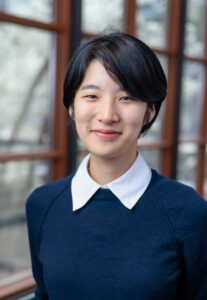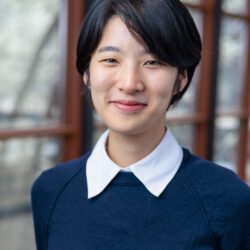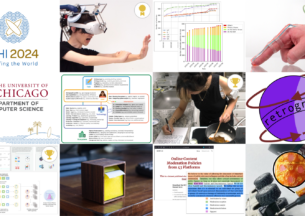Mina Lee is an Assistant Professor in the Computer Science and Data Science Institute at the University of Chicago. Previously, she was a postdoctoral researcher in the Computational Social Science group at Microsoft Research. She received her Ph.D. in Computer Science from Stanford University in 2023. Her research is at the intersection of natural language processing (NLP) and human-computer interaction (HCI).
Her research group studies the evolving relationship between humans and AI, with a special focus on Writing, Reading, and Thinking with AI. Concretely, they design and evaluate AI systems (e.g., autocomplete system), identify opportunities and risks of AI-assisted writing, reading, and thinking (e.g., design space for writing assistants), and assess AI’s impact through user studies, controlled experiments, and surveys (e.g., reading comprehension). They also examine broader implications, such as how AI may reshape social norms around authorship (e.g., disclosure of AI use), transform education, and influence everyday communication.
Mina was named one of MIT Technology Review’s Korean Innovators under 35 in 2022, and her work has been published in generalist journals (e.g., Nature Human Behavior) as well as top-tier conferences in NLP (e.g., ACL and NAACL), machine learning (e.g., NeurIPS), and HCI (e.g., CHI). Her work on human-AI collaborative writing received an Honorable Mention Award at CHI 2022 and was featured in various media outlets, including The Economist.
She has co-founded and organized workshops on Intelligent and Interactive Writing Assistants (In2Writing), Human-centered Evaluation and Auditing of Language Models (HEAL), and Tools for Thought: Research and Design for Understanding, Protecting, and Augmenting Human Cognition with Generative AI (TfT) at ACL 2022 and CHI 2023-2025. She is the sole author of How to Apply to Graduate Schools in the US (2017), a guide that has helped thousands of Korean students apply to graduate programs in the United States. She is also a contributing author to two books: The AI Asks, the Future Answers (2025) and AI Insider – Future Reports from Global Top-Tier Experts (2025).




